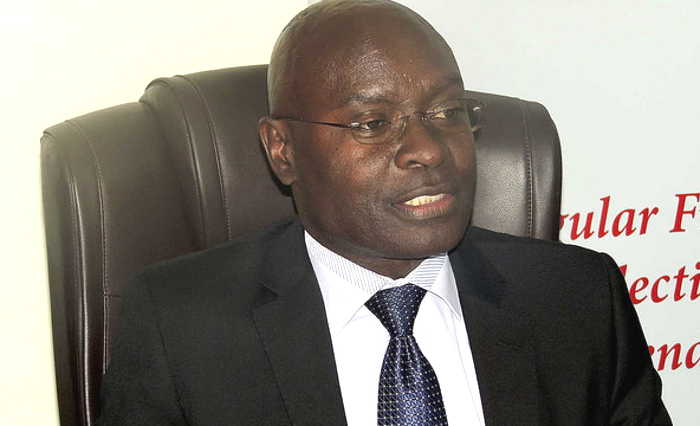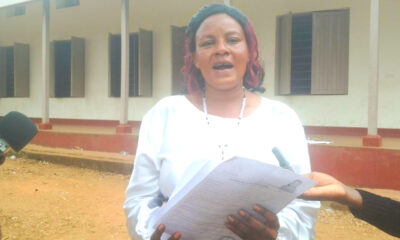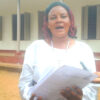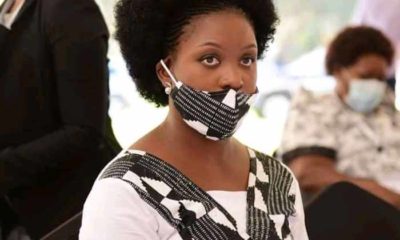Analysis
What to expect as Ugandans choose village leaders

EC chairman Justice Simon Mugenyi Byabakama faces his biggest electoral process yet since taking office in November 2016
Fifteen years is a long time in Uganda especially considering that so many things happen in a flash. So when you go to elect your LC chairman on November 21, many things will be different from when you (or is it they) last voted for someone in that position fifteen years ago.
Although you could have elected for the LC 1 chairperson in secret ballot, you’re going to have to line up behind your favourite choice. This is so because Parliament last year amended the Local Government Elections Act providing for lining up instead of casting of ballots. The measure was adopted as a way to cut costs.
Chairman to chose his team
Unlike in the previous elections where voters had elect all members of the village executive, this time voters will have only a partial say in who actually serves with the chairman.
According to the Electoral Commission’s Deputy Chairperson Paul Bukenya, after electing the chairperson, voters will have to stay behind to participate in either approving or rejecting six other people that will be have been chosen by the chairman.
“The chairman will present a list of people he wants to serve with. Each person will be voted approved by show of hands which will be counted. If the choice of say the secretary for defence is rejected, the chairman will have to choose someone else,” said Bukenya.
The village committee will comprise ten people including the secretaries for the Elderly, Women, and Youth.
More than 10m to vote for first time
The youth in Uganda do not yet vote as a block. However this coming elections proves just how important their numbers can impact the outcomes of an election.
More than 10 million young people will be voting for their village leaders for the first time.
In 2001, the last time Ugandans voted for the LC 1 leaders, Uganda had a population of just 24million compared to 36m in 2017. The sharp increase in the population is important for many reasons.
Not only can the youth swing the vote, but also it means that the electoral commission not only has to conduct voter education but also has to rethink its communication strategy as more youth now access information online through social media than previously.
First major test for New EC team
Since assuming office in November 2016, the new electoral commission team led by justice Simon Byabakama Mugenyi is facing their first major electoral test. With an estimated 50000 villages set to choose their local leaders in November, the process promises to be a major test.
According to Paul Bukenya, each village will have one polling station. This means that for villages with a huge population, long lines are likely to be experienced which will present challenges in counting as well as ensuring security.
Comments


























